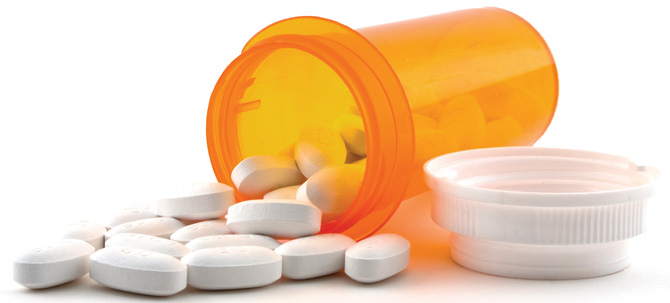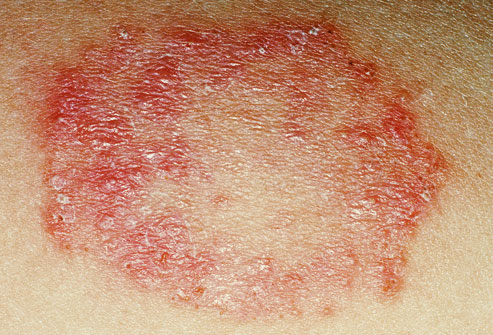Disulfiram or Anatabuse, is a drug that has been on the market to treat alcohol abuse since the 1950’s. The drug inhibits the enzyme acetaldehyde dehydrogenase resulting in a build up of acetaldehyde in the blood, which makes you feel VERY ill. However, in 2016 scientists began to evaluate many drugs for their possible use … Read More “Disulfiram” »
Author: Susan L. Marra
The importance of probiotics while undergoing Lyme Disease treatment cannot be under estimated. The human microbiome is composed of trillions of different bacteria that live harmoniously and perform various necessary physiological functions, especially in the intestines. These bacteria have specific nutritional needs just as we do to sustain life. Additionally, endigenous bacteria generally do not … Read More “The Importance of Probiotics” »
PTSD and Lyme Disease Most patients with chronic illness who have been repeatedly misdiagnosed, and virtually unheard, wind up with some form of Post Traumatic Stress Disorder and adrenal exhaustion. The fight to be heard, find a competent practitioner, receive proper and attentive care, is no small feat in this fast paced world, and is … Read More “Post Traumatic Stress Disorder” »
Tick-borne relapsing fever (TBRF) is a spirochetal infection cause by Borrelia hermseii, Borrelia miyamotoi, and several other less well known bacterial species. Tick-borne relapsing fever is found in Africa, Spain, Saudi Arabia, Asia, Canada, and the western United States. Rodents are the primary reservoir and ticks are the likely vector for this disease. Tick-borne Relapsing … Read More “Tick-Borne Relapsing Fever” »
RG3 is a relatively new nasal spray composed of ginseng and vitamin B12, both nourishing substances for the brain. Research suggests that nasal administration of this compound may actually aid in glial cell budding. What this means is that this compound may actually promote cellular regeneration in certain types of brain cells. RG3 can only … Read More “RG3 Nasal Spray” »
Recommendations for Infected Patients with Tick-Borne Disease DO NOT donate blood. You have been infected with a bacteria that can live in the blood, and therefore can be passed onto someone else. Carry a card in your wallet indicating that you have Lyme Disease (and co-infections if applicable) and the drugs that you are taking. … Read More “Recommendations for Infected Patients” »
Spirochetes are unique bacteria that include Borrelia species. They are likely to be some of the first bacteria inhabiting the earth roughly 4 billion years ago. Spirochetes may have evolved from the sea and adapted to a terrestrial environment to capitalize on warm blooded mammals. There are probably more than 300 species and at least 101 of … Read More “Spirochetes” »
Metabolic Syndrome is a collage of risk factors that are associated with an increased risk of stroke, type 2 diabetes, coronary artery disease, and peripheral artery disease. About 30 million Americans suffer from the following symptoms: Central abdominal obesity Fasting glucose of greater than 100mg/dL BP greater than 130/85 Low HDL Fasting triglycerides greater than … Read More “Metabolic Syndrome” »
Fungal Infections As Co-infections or Secondary Infections in Lyme Disease Patients Who Are Immunocompromised As of 2018, recent research by Fry Laboratories in Scottsdale, Arizona, suggests that, at least in some patients with chronic fatigue syndrome and arthritis, fungus may be the actual problem. This should come as no surprise because fungi, bacteria, and viruses … Read More “Fungal Infections” »
Multiple Chemical Sensitivities (MCS) Multiple Chemical Sensitivity is characterized by extreme intolerance of environmental odors such as diesel fuel, tobacco smoke, chemicals, perfume, cleaning products, new carpeting, formaldehyde, chlorine, and a host of other odors that plague our modern world. MCS is frequently associated with “sick building syndrome” where the patient has been exposed to … Read More “Multiple Chemical Sensitivities” »










